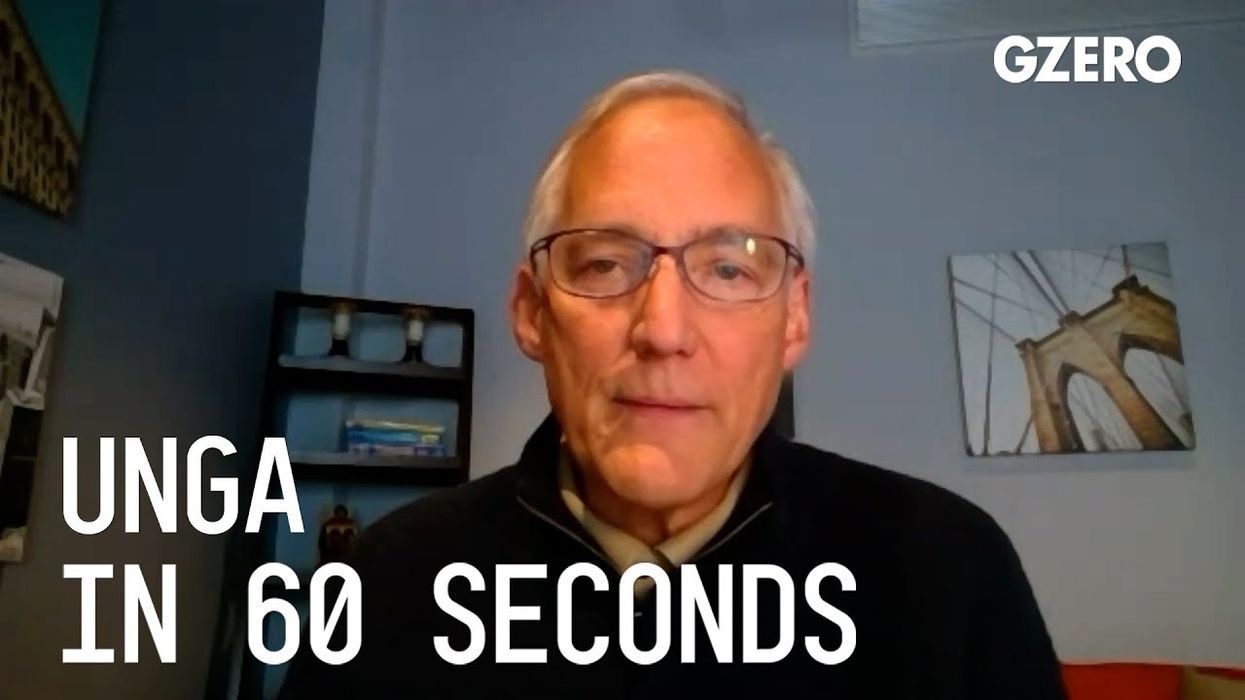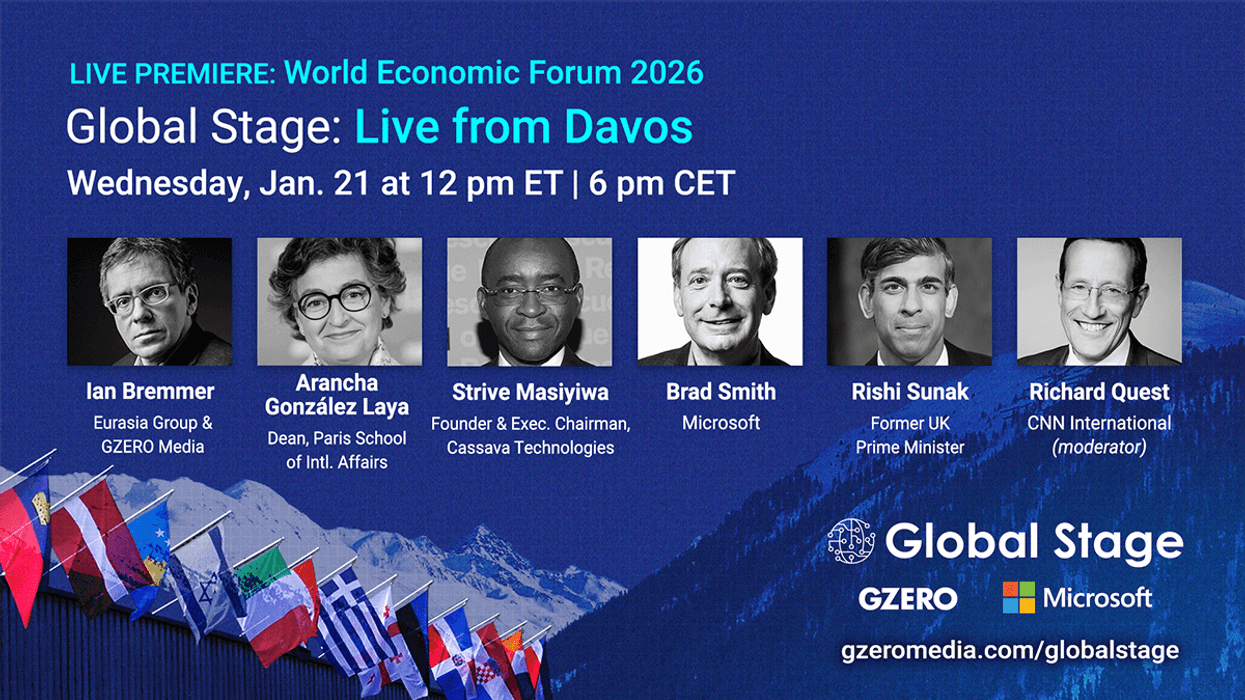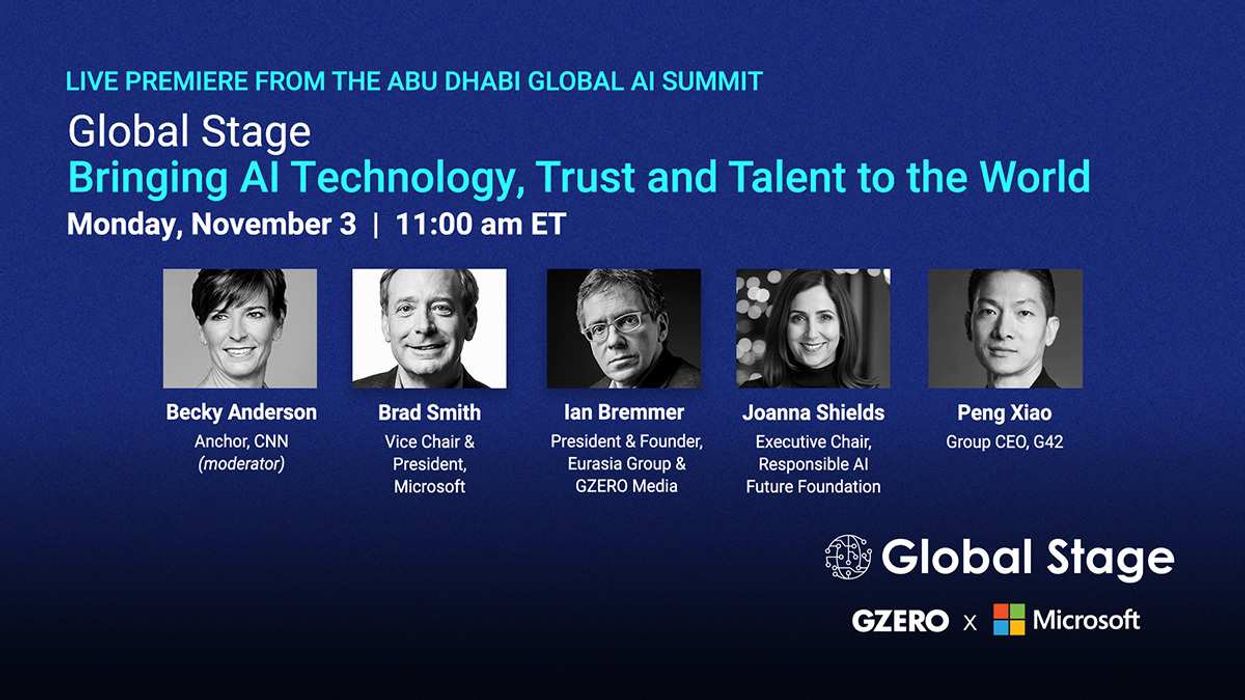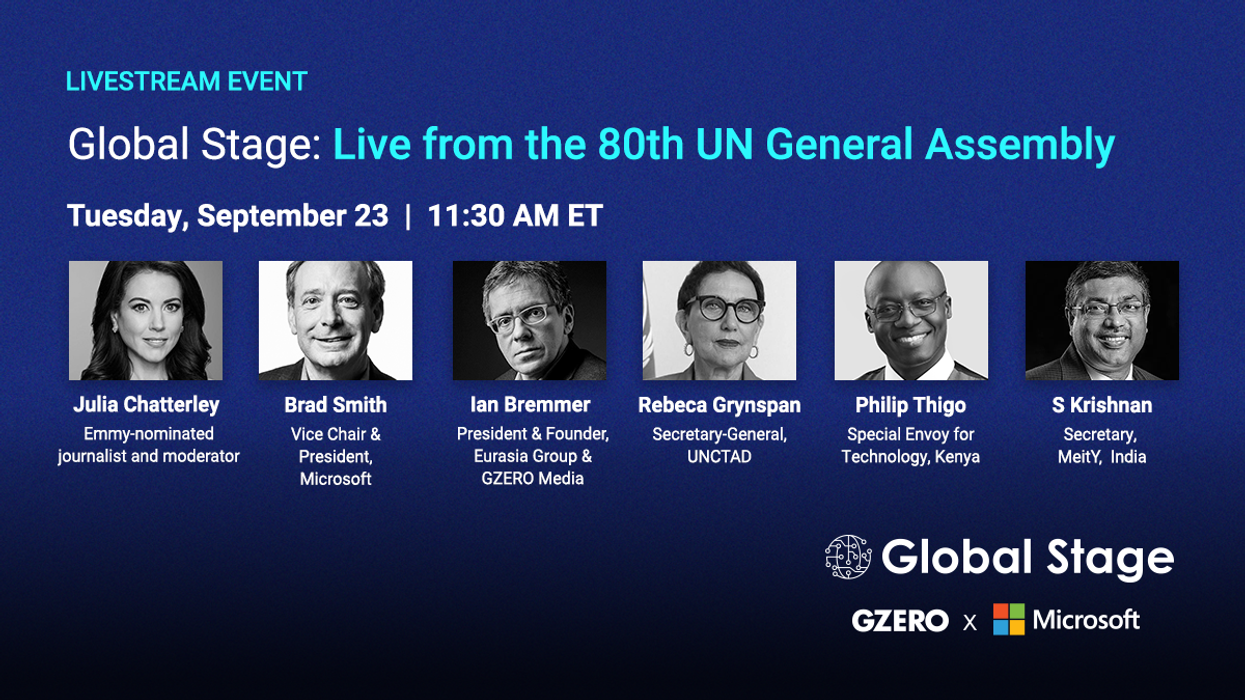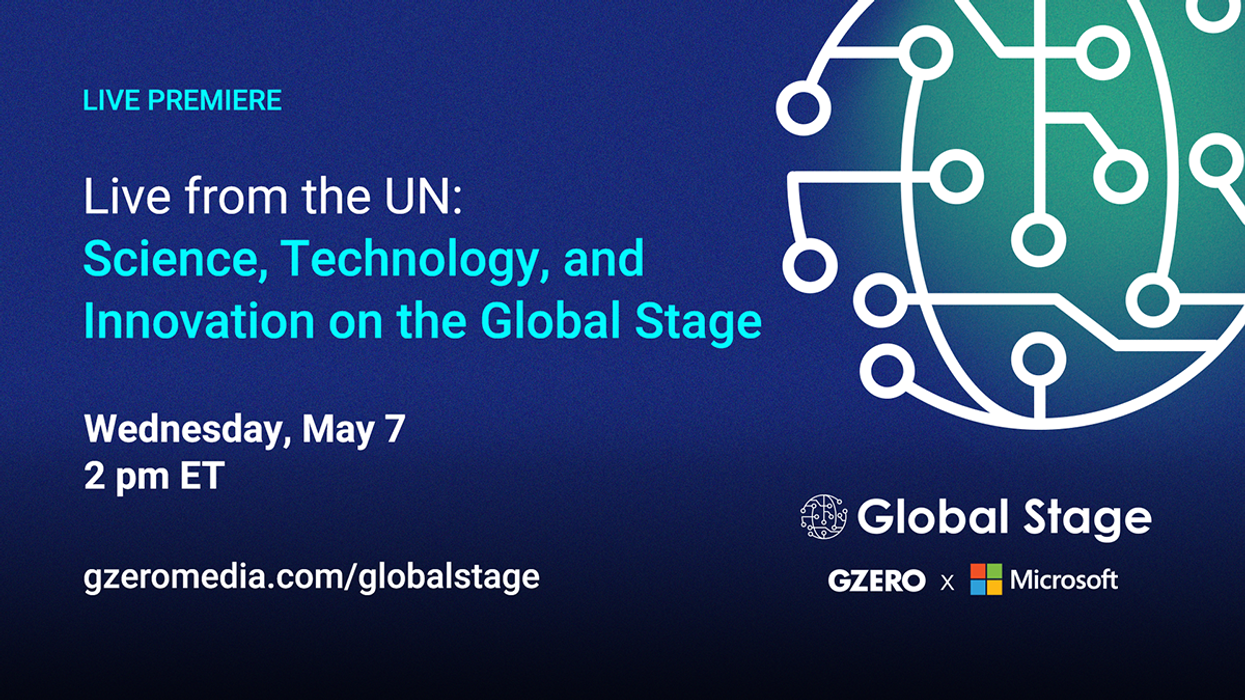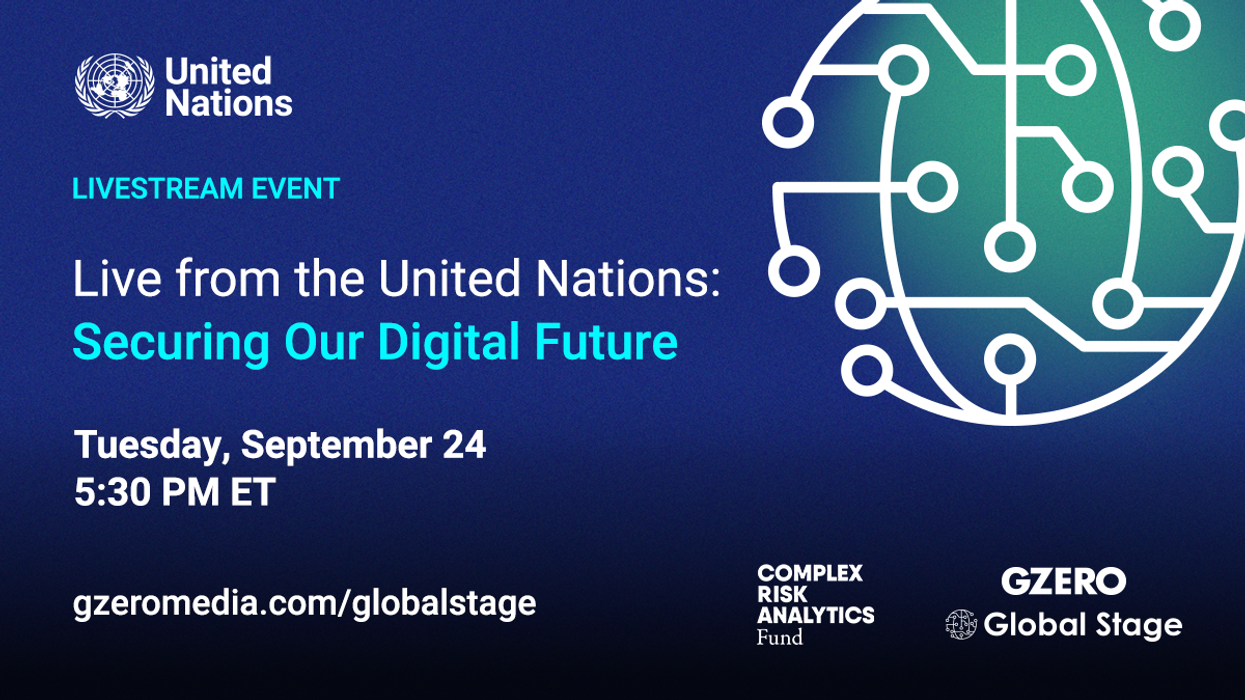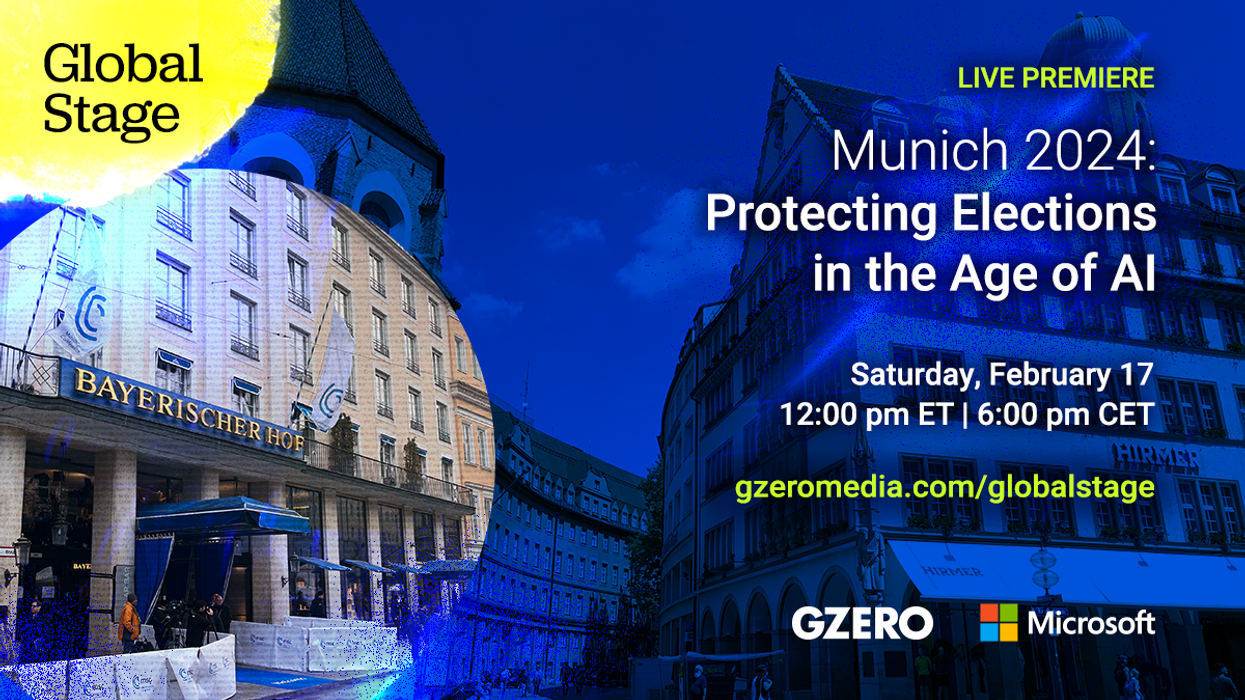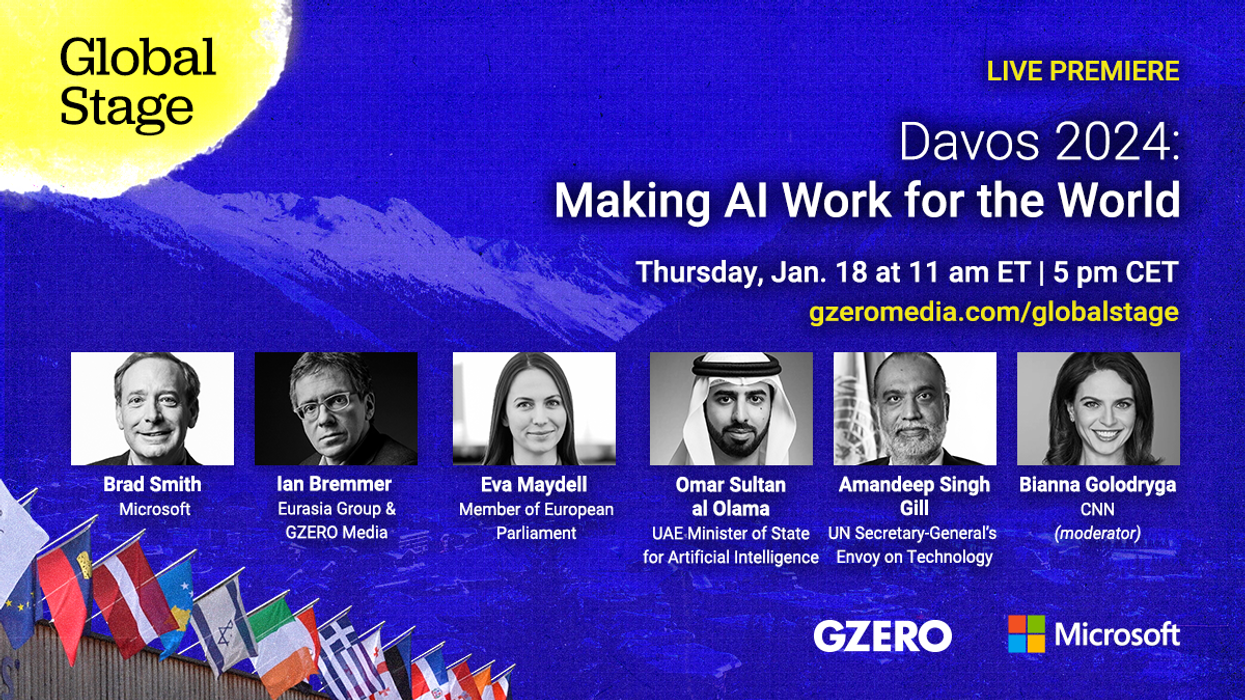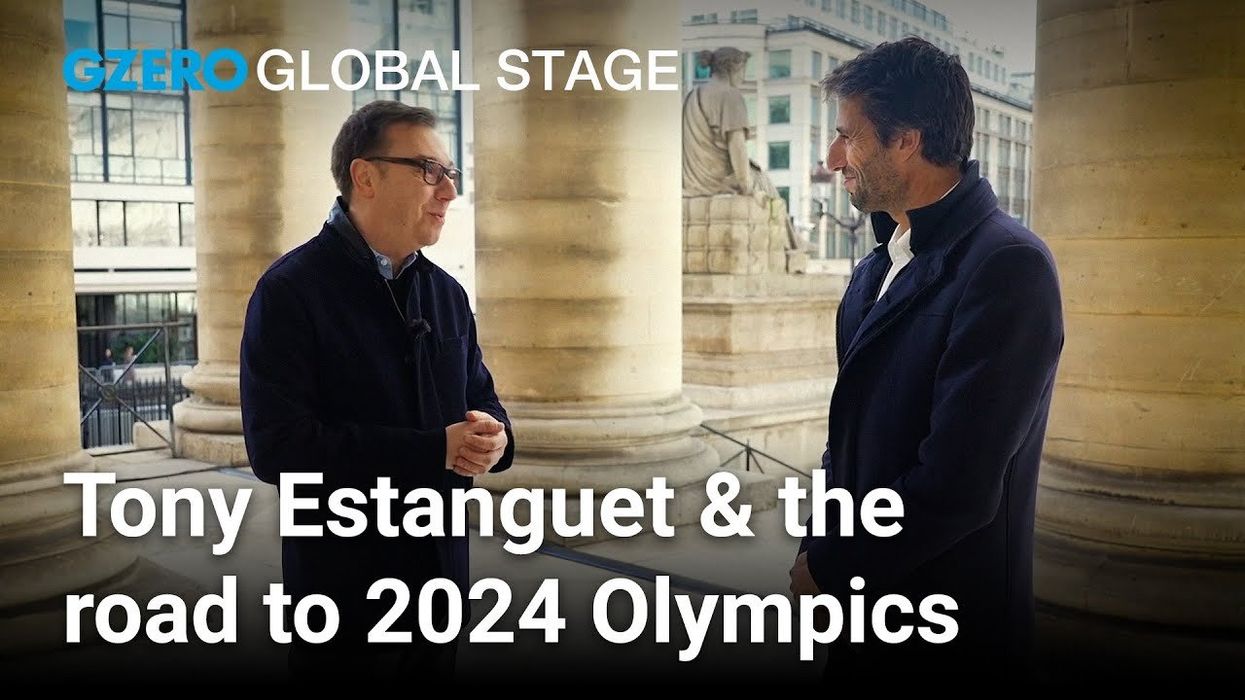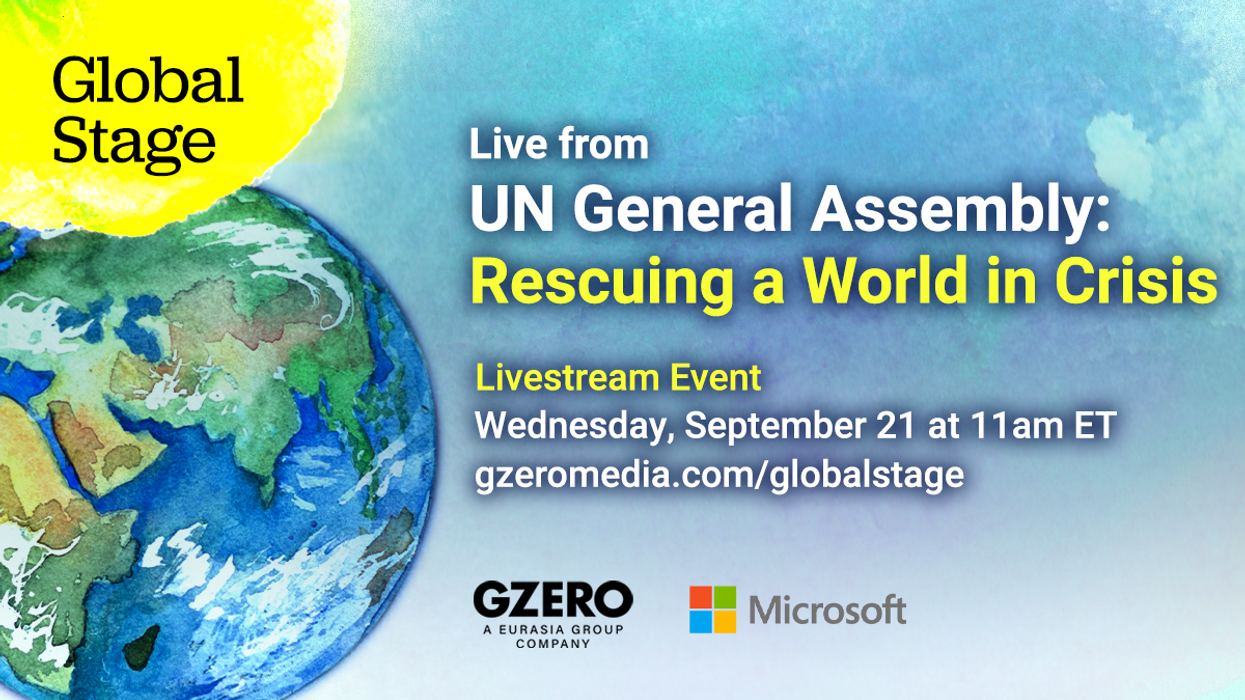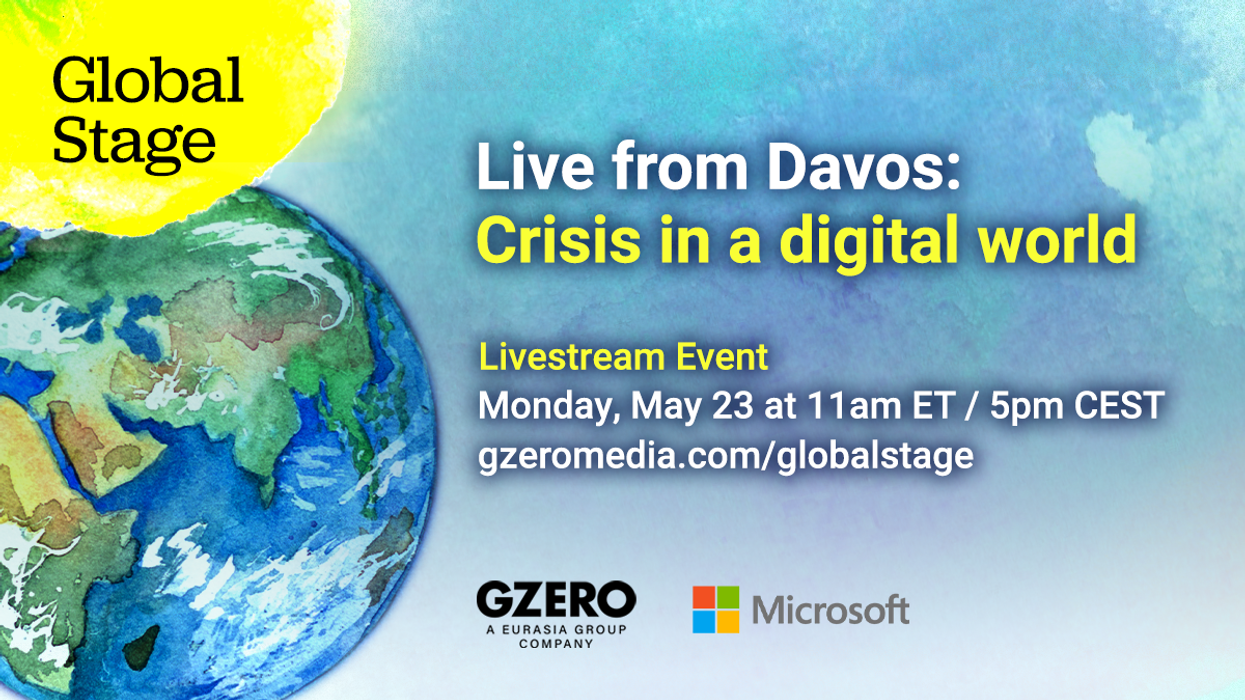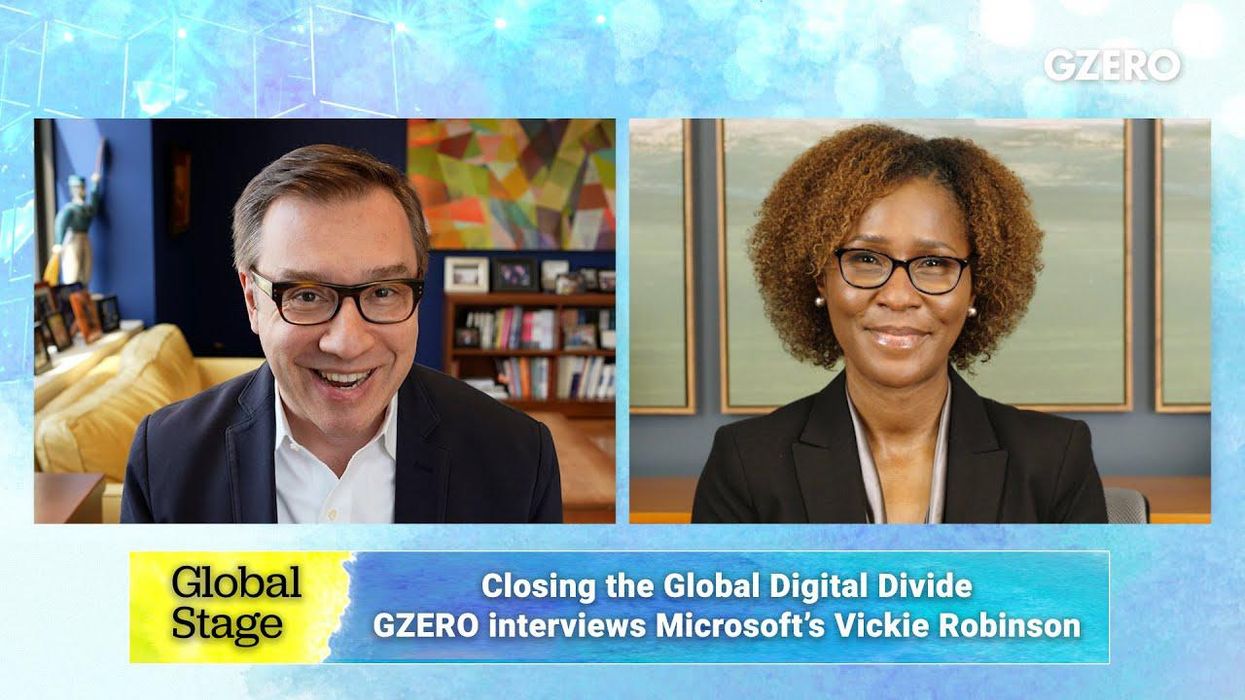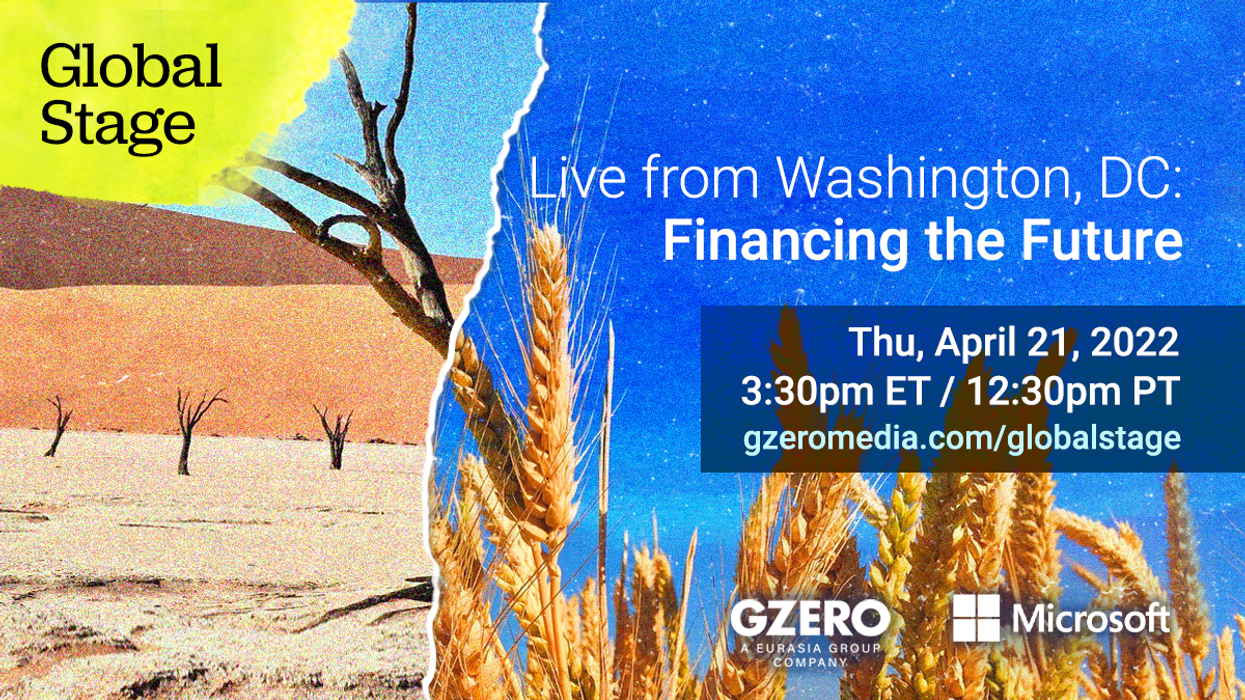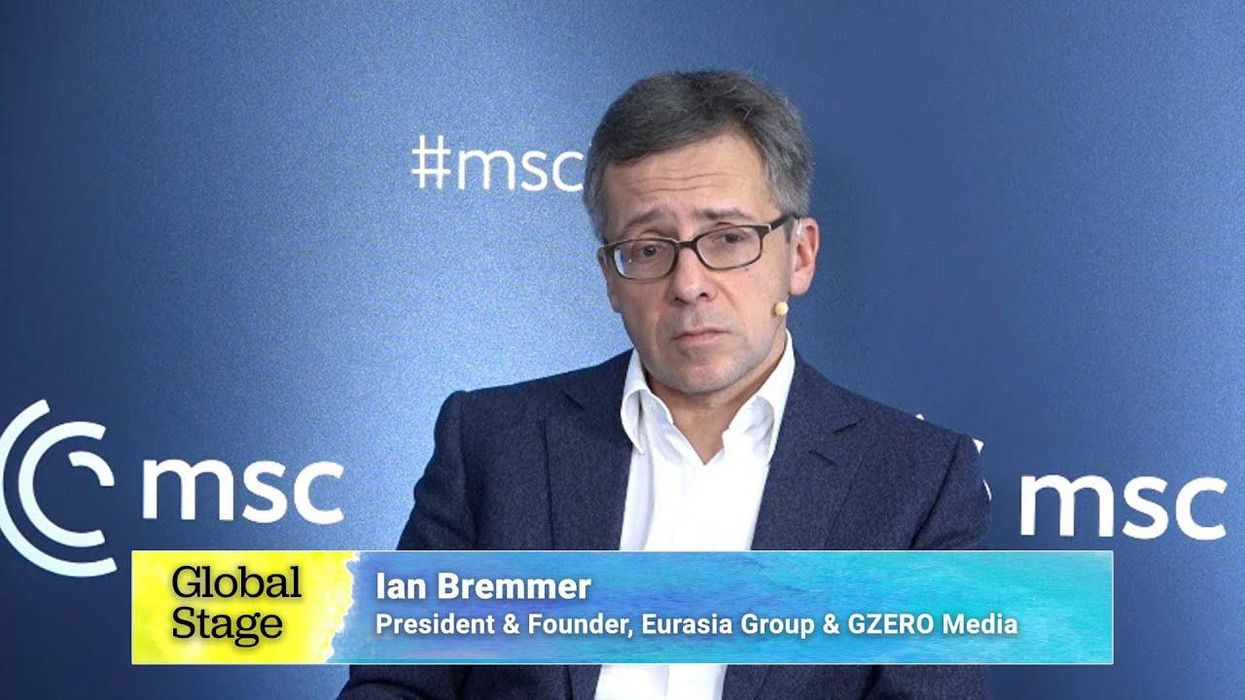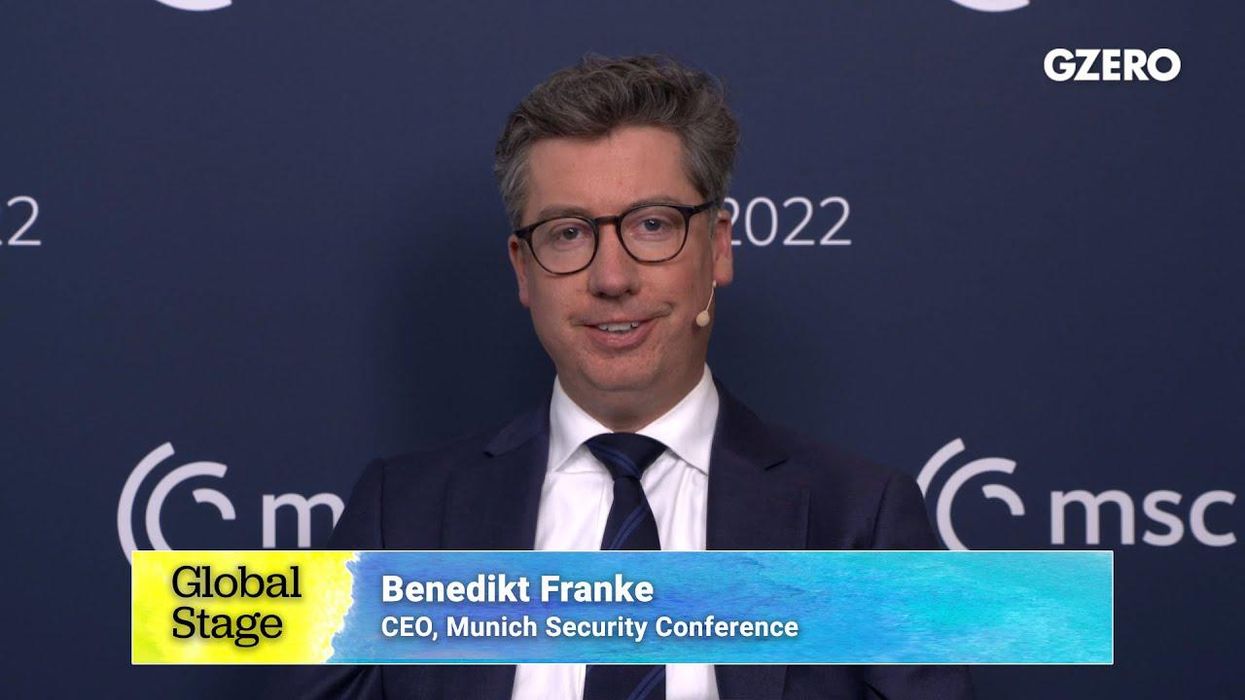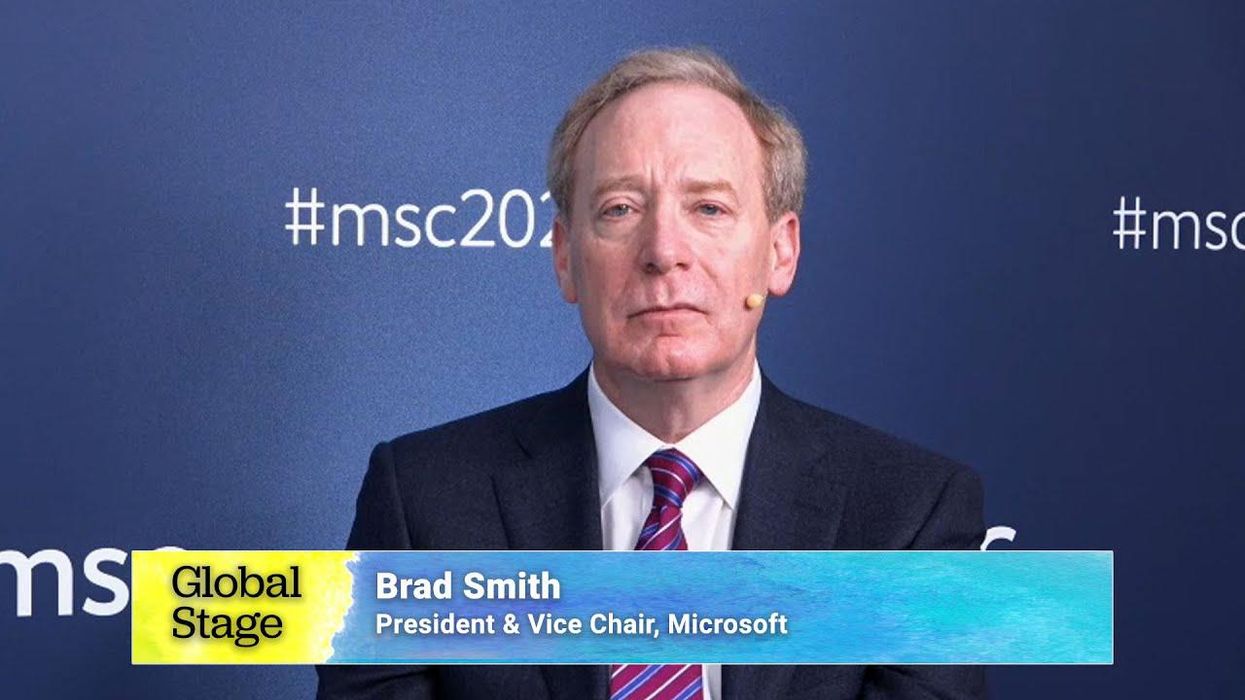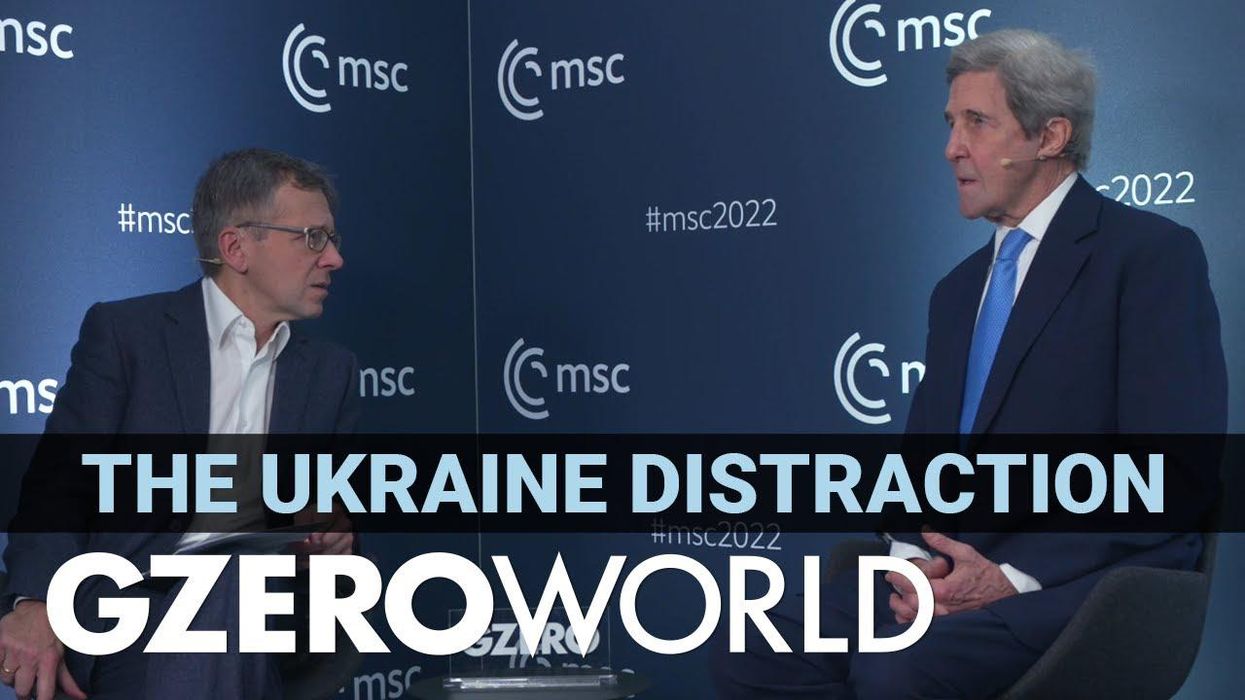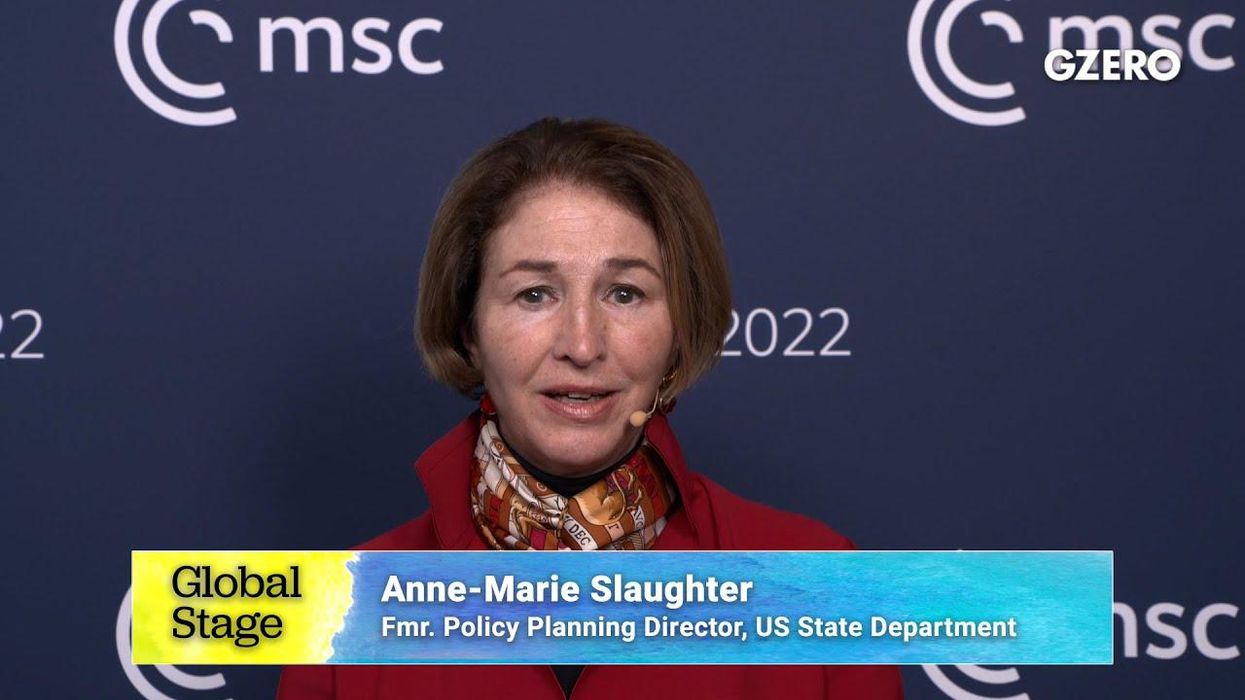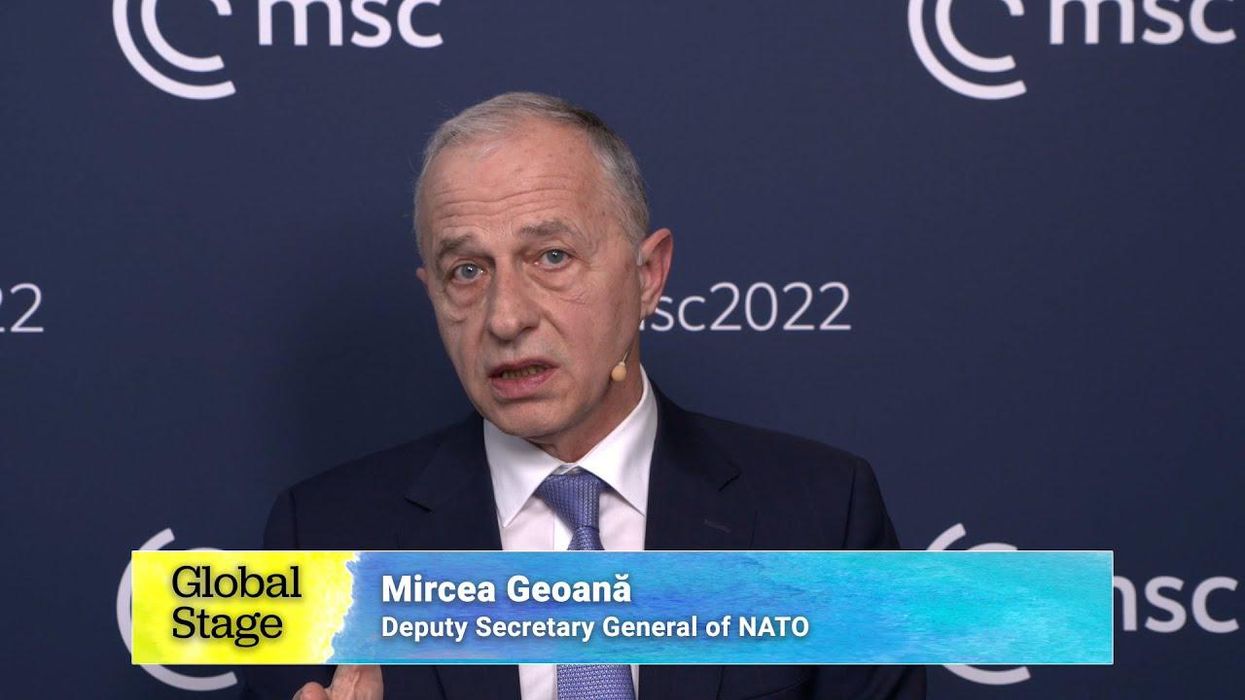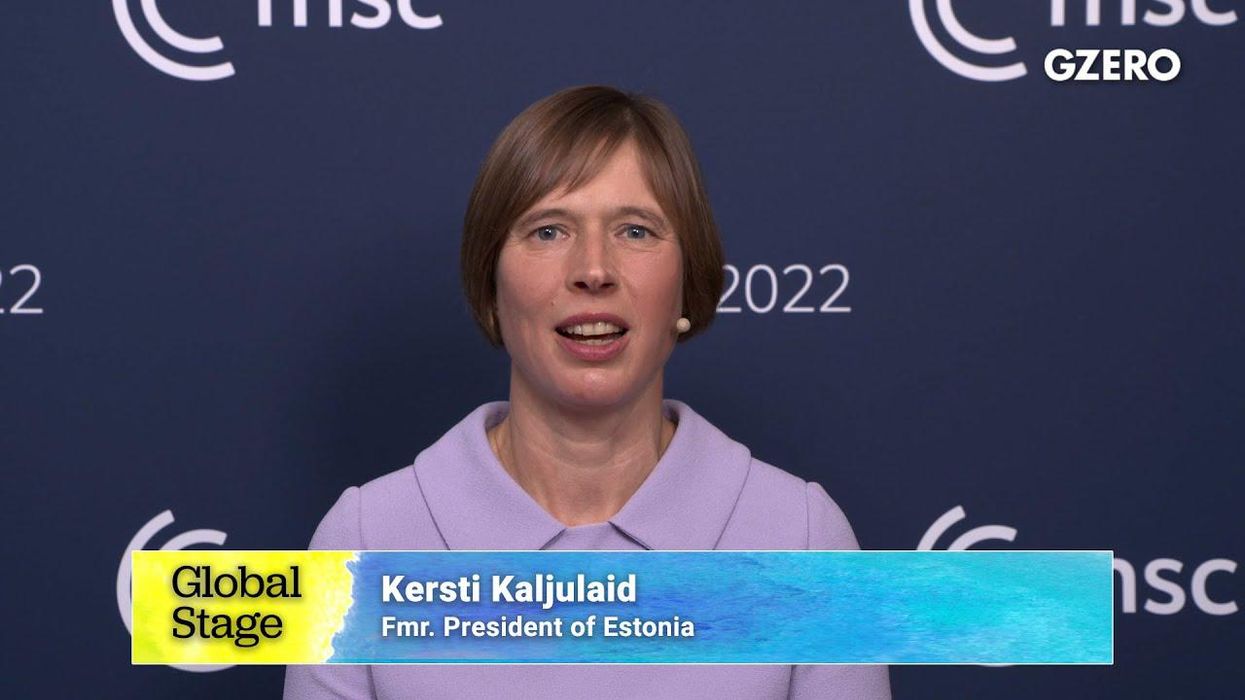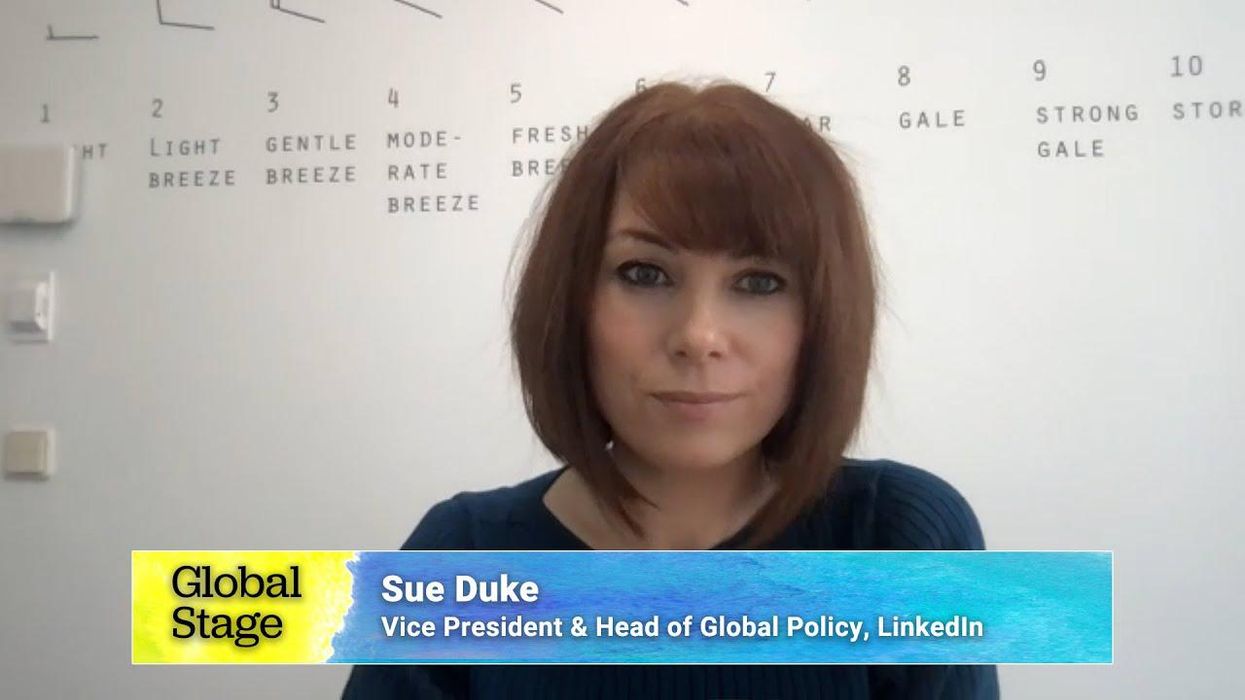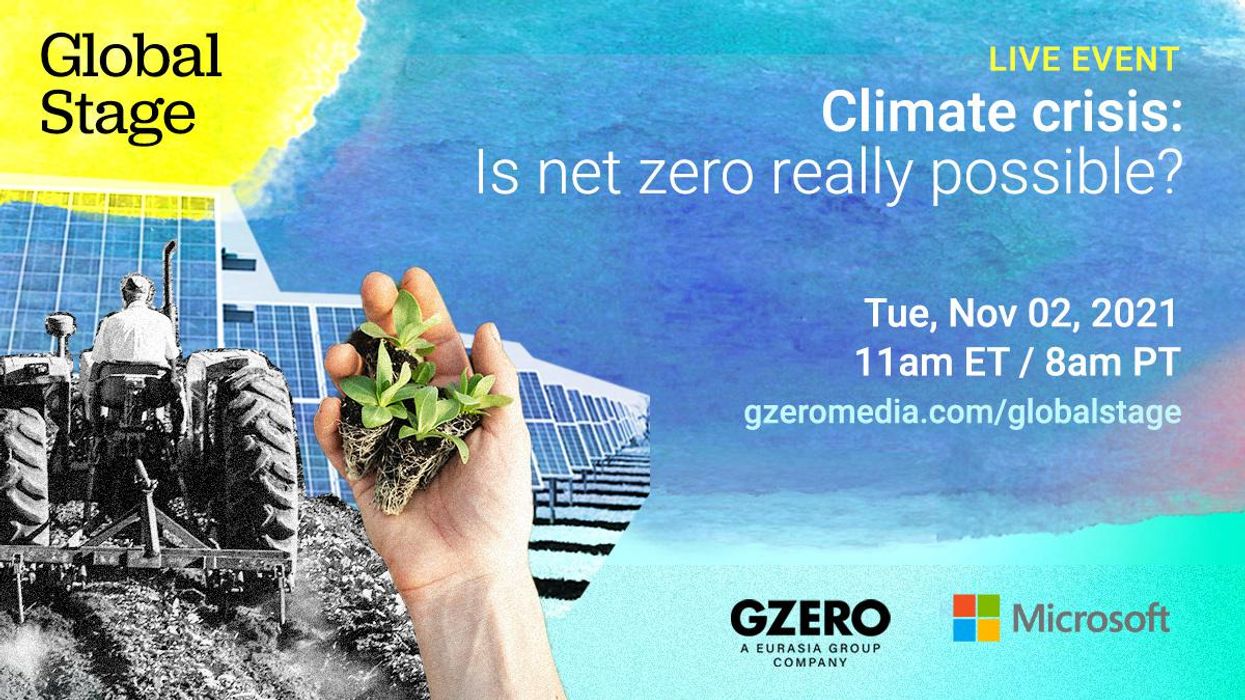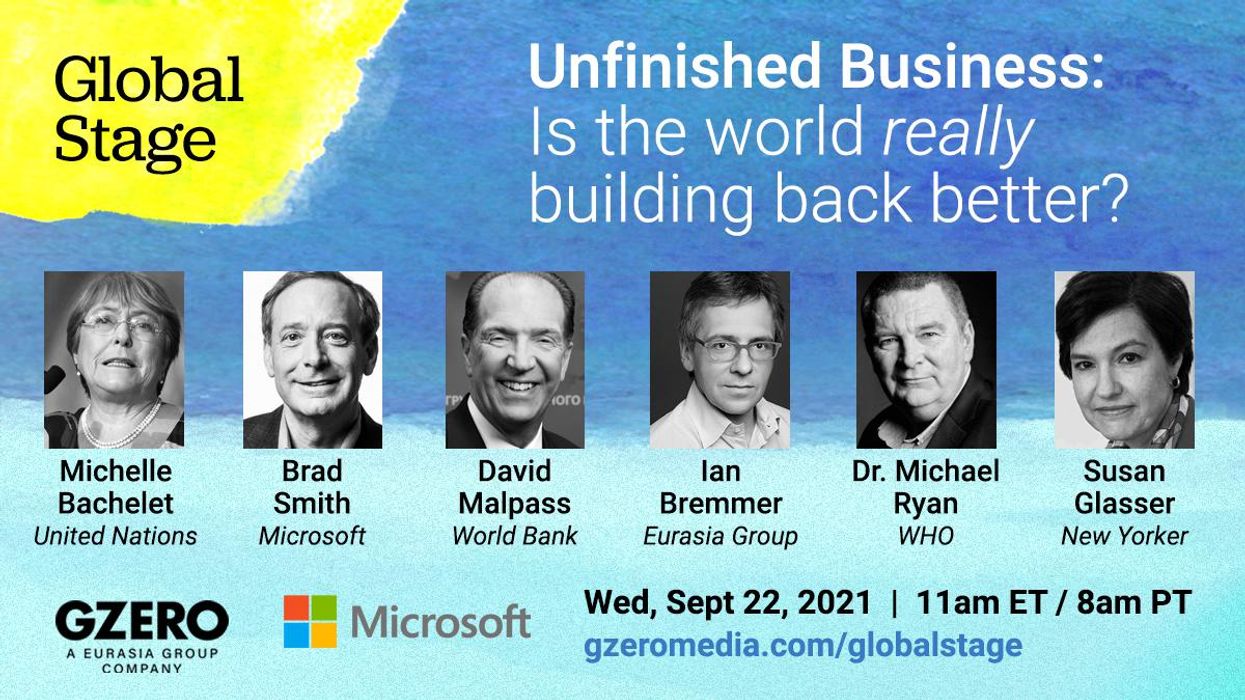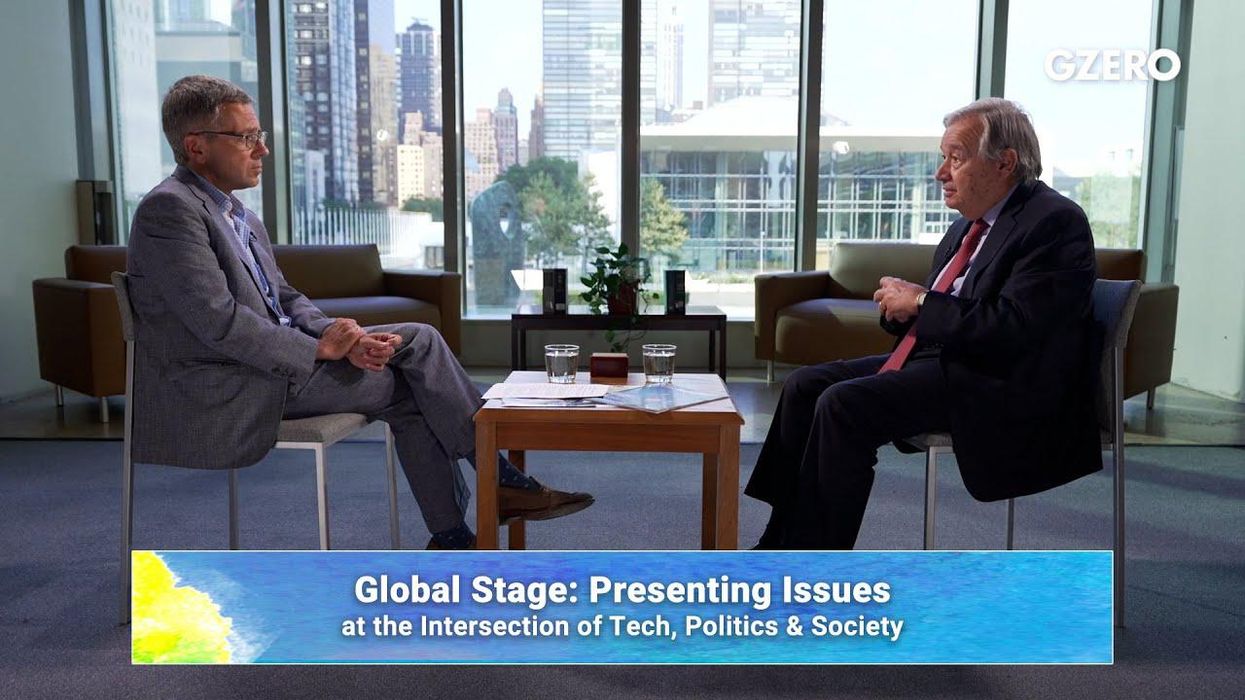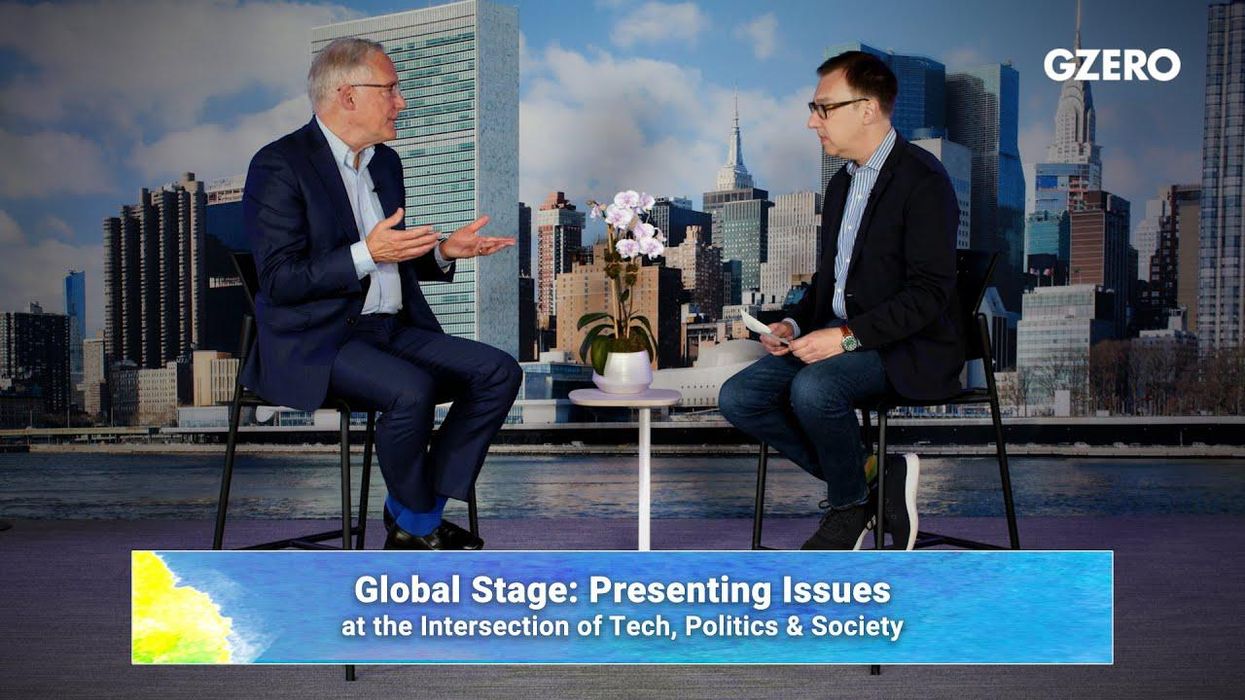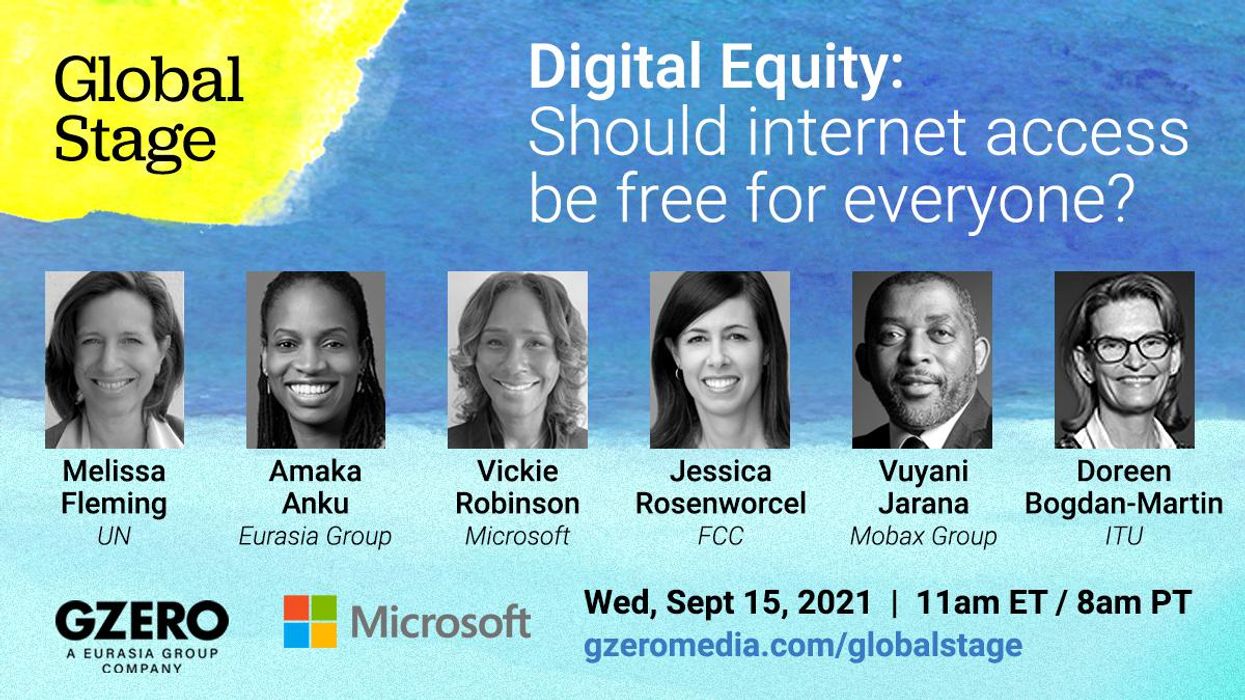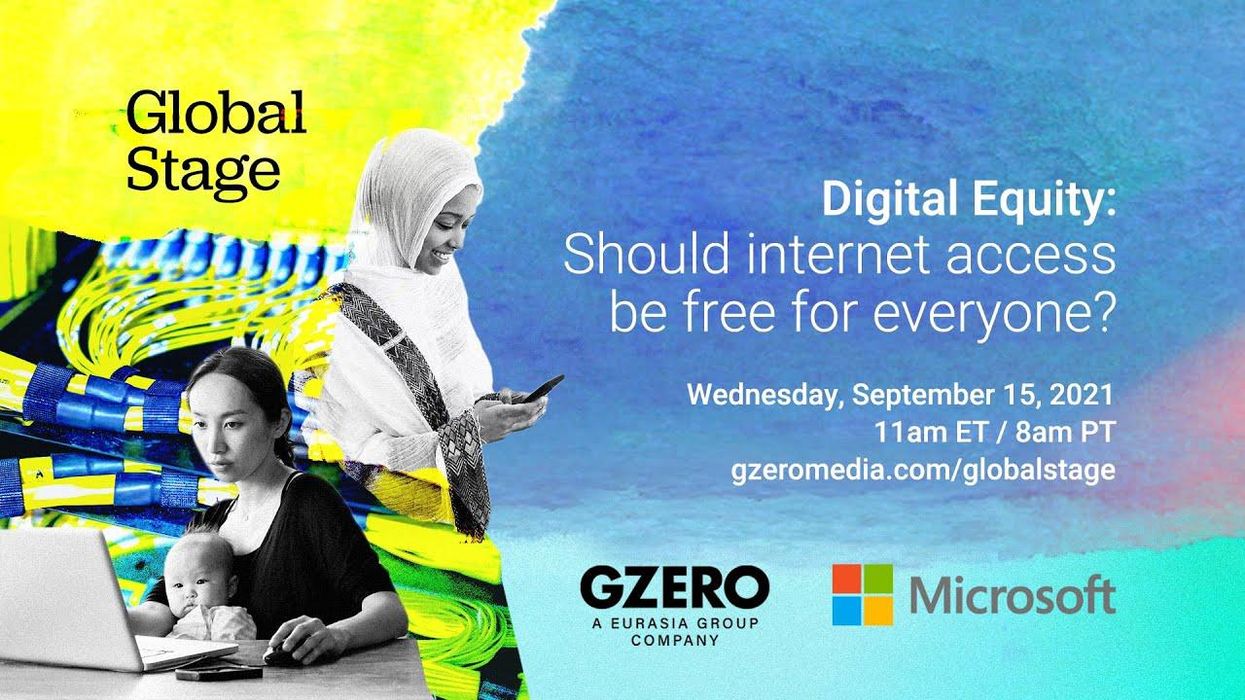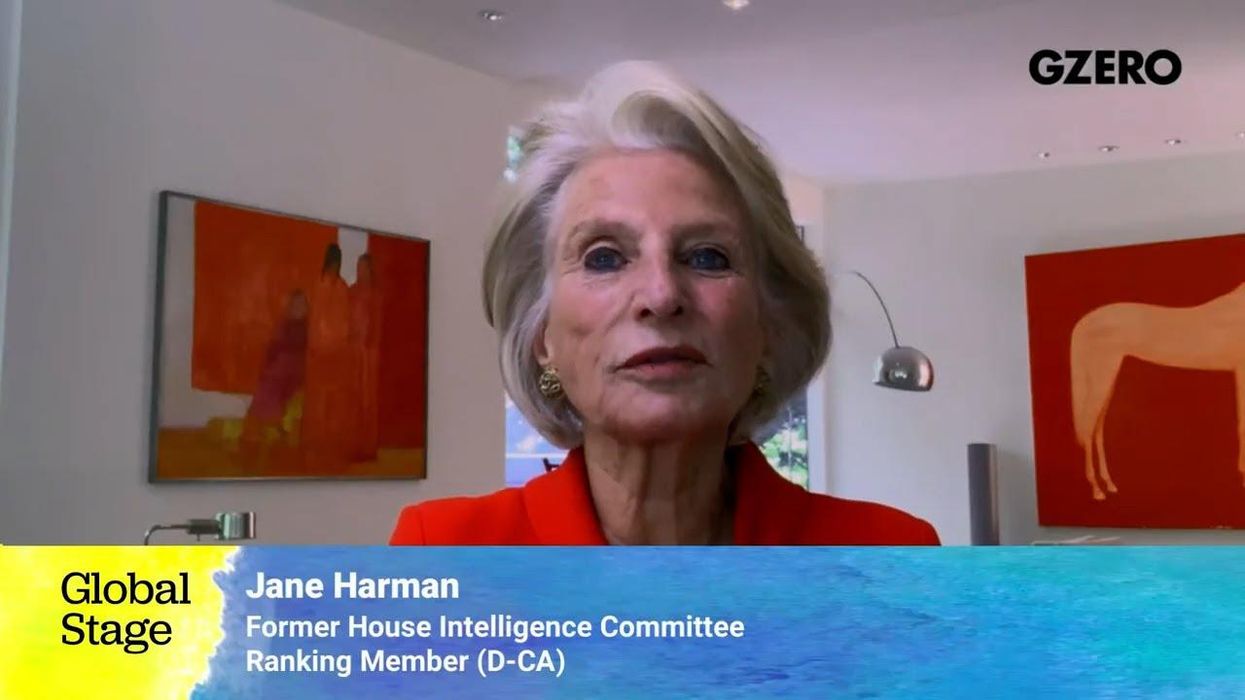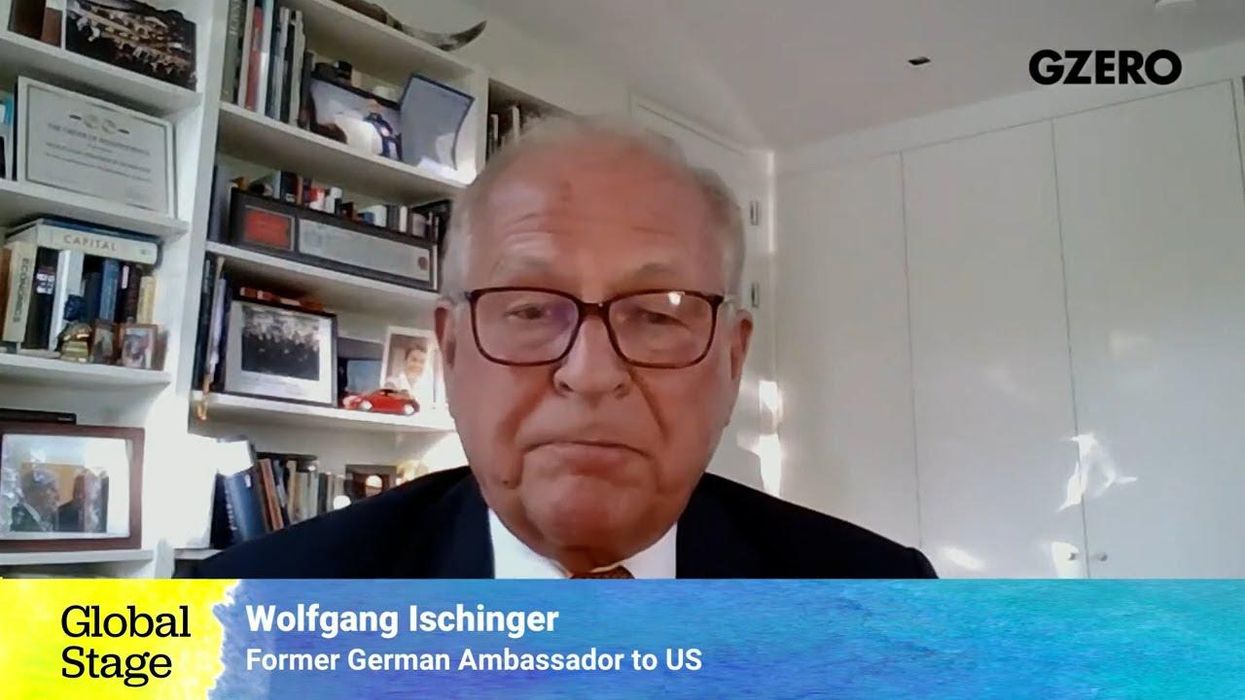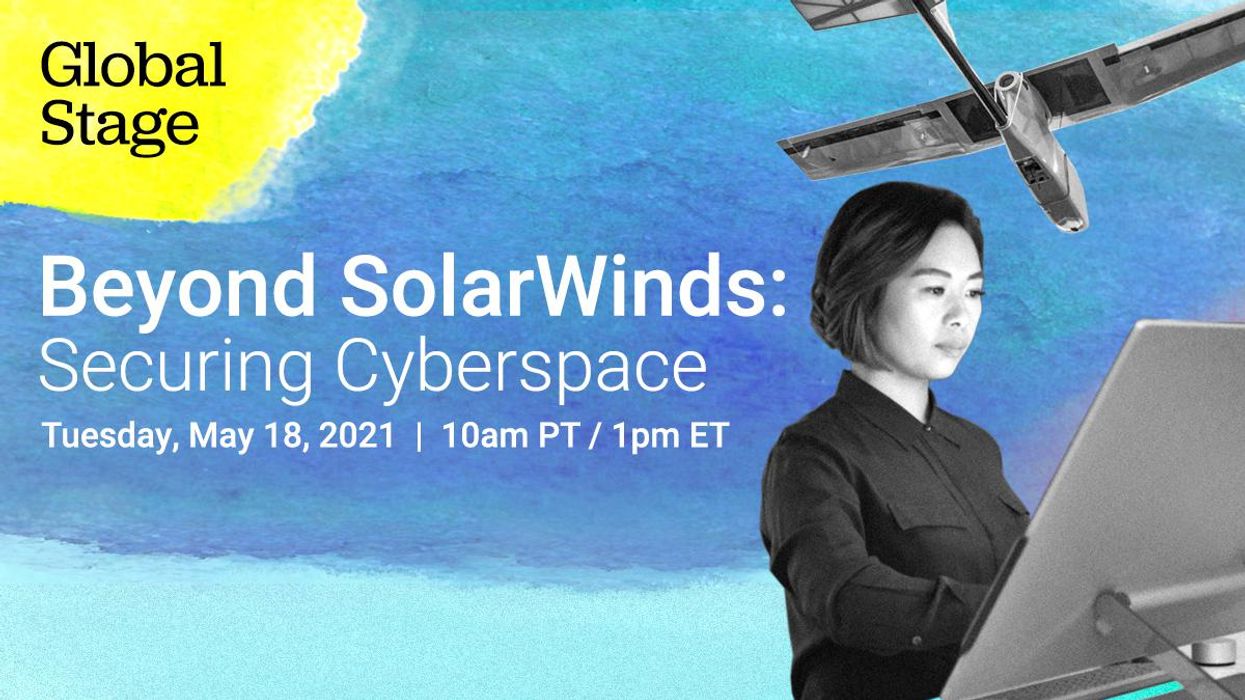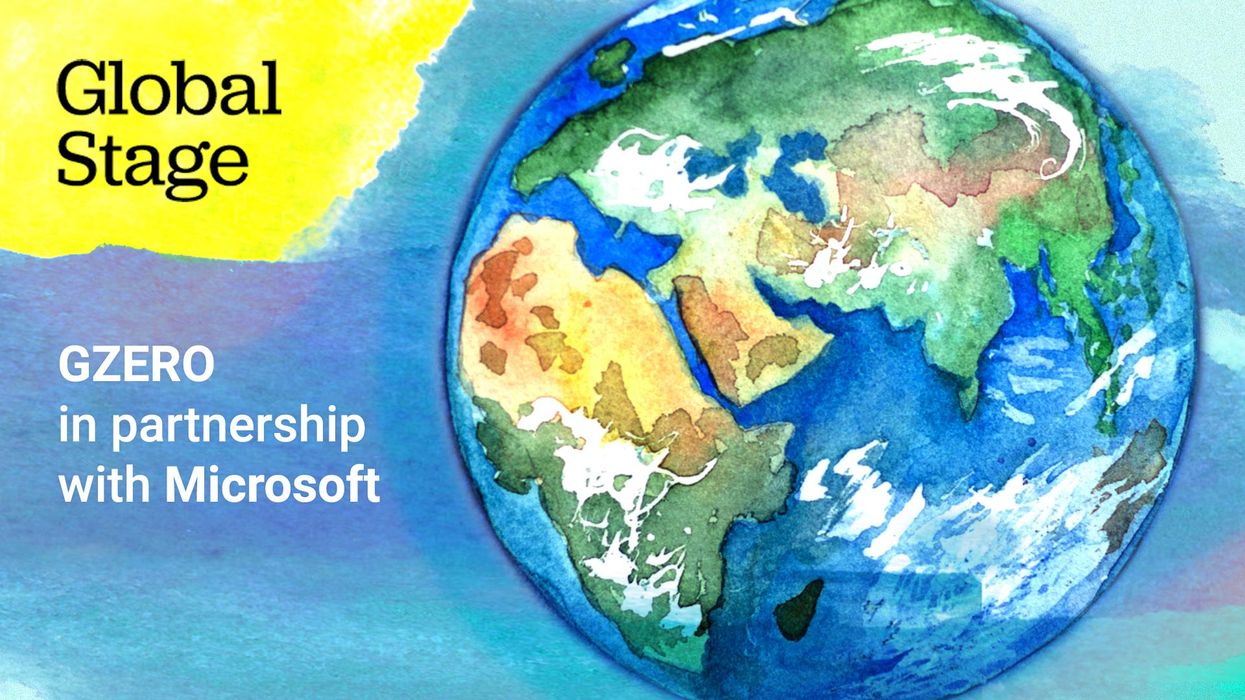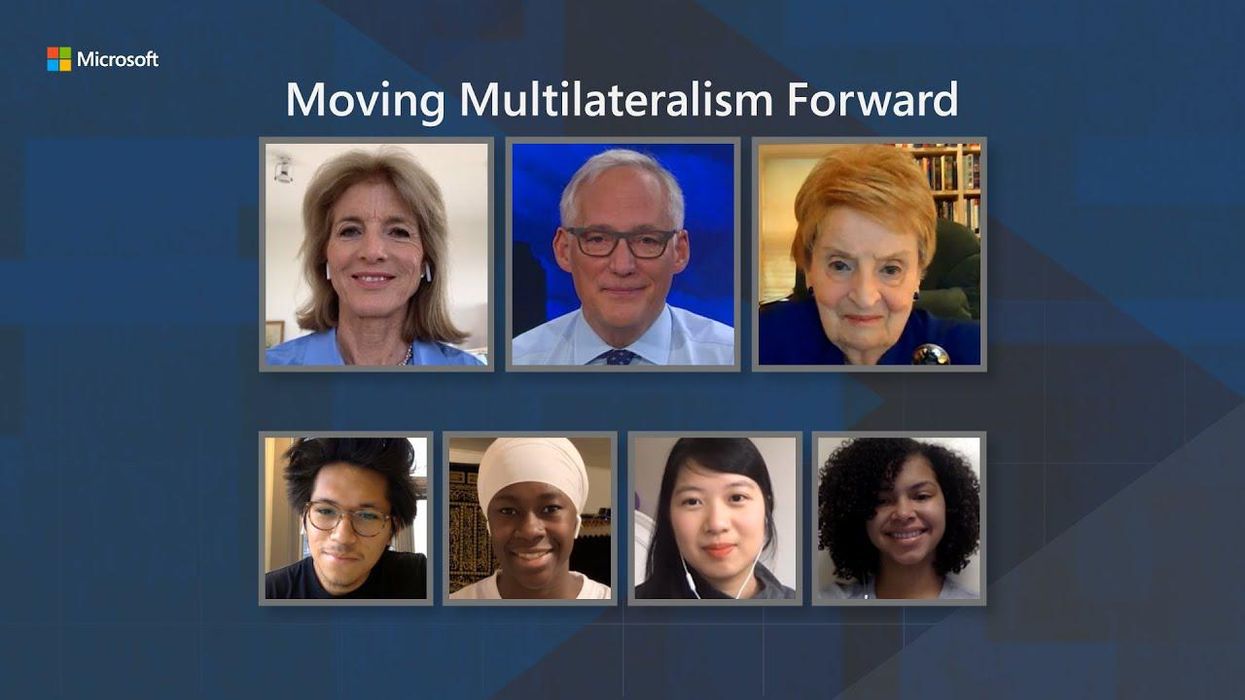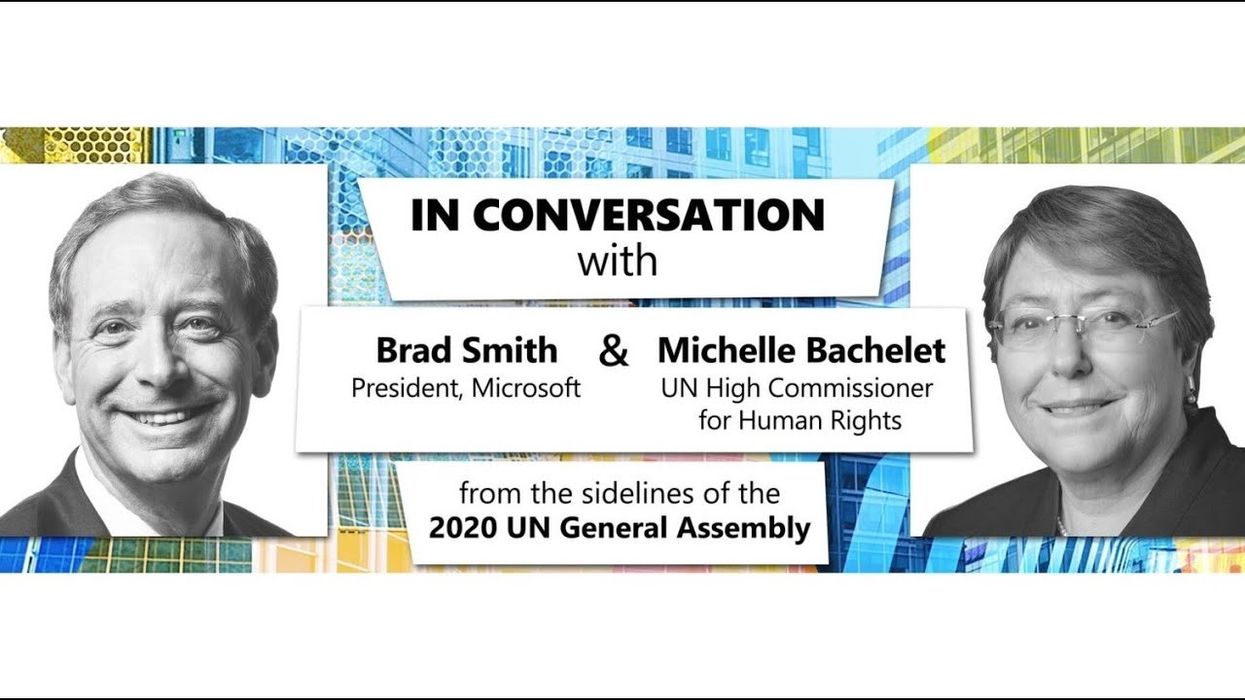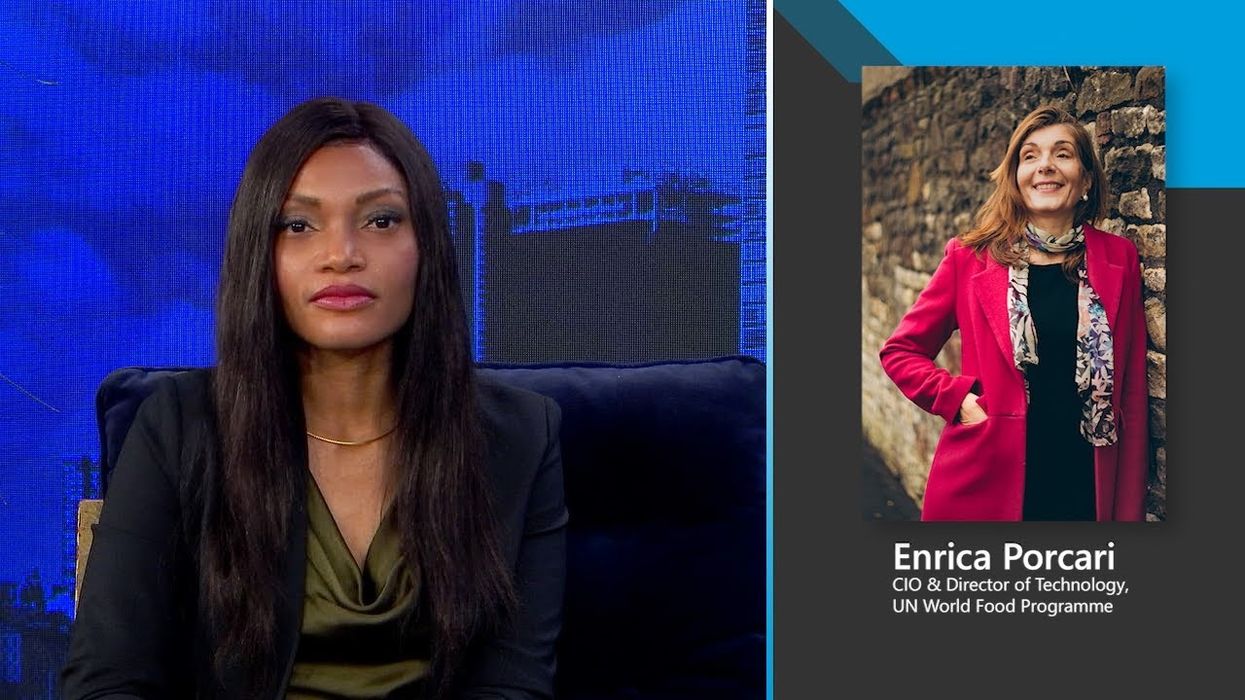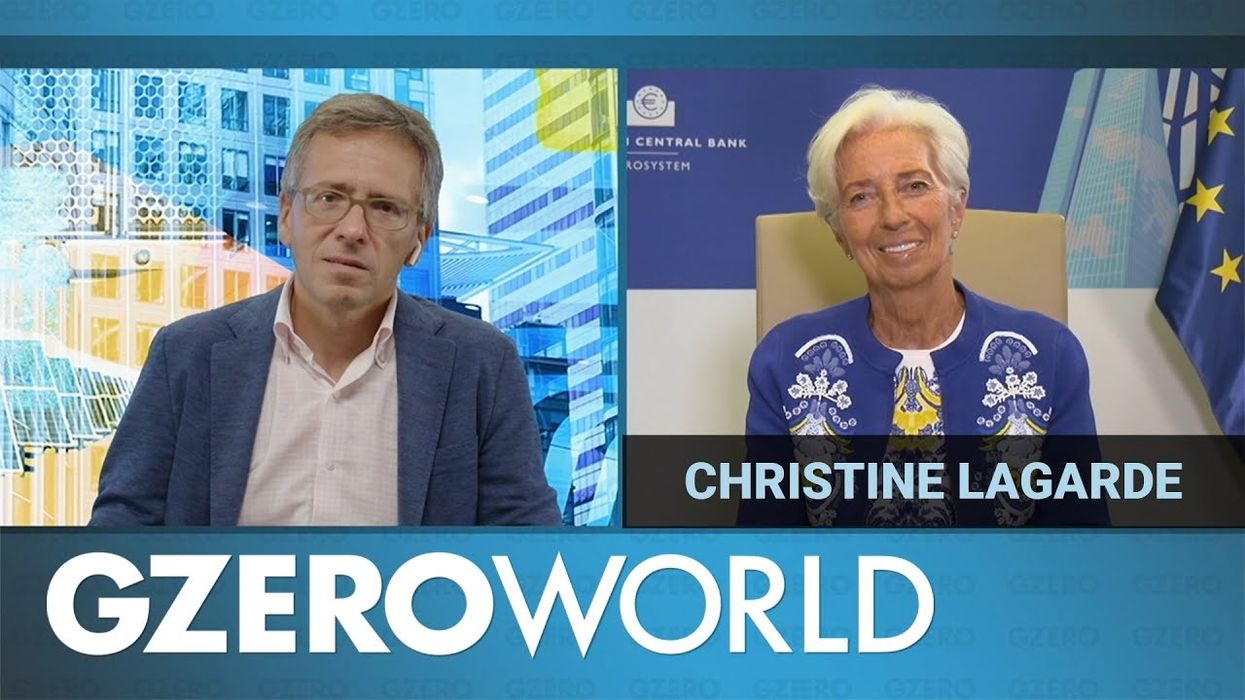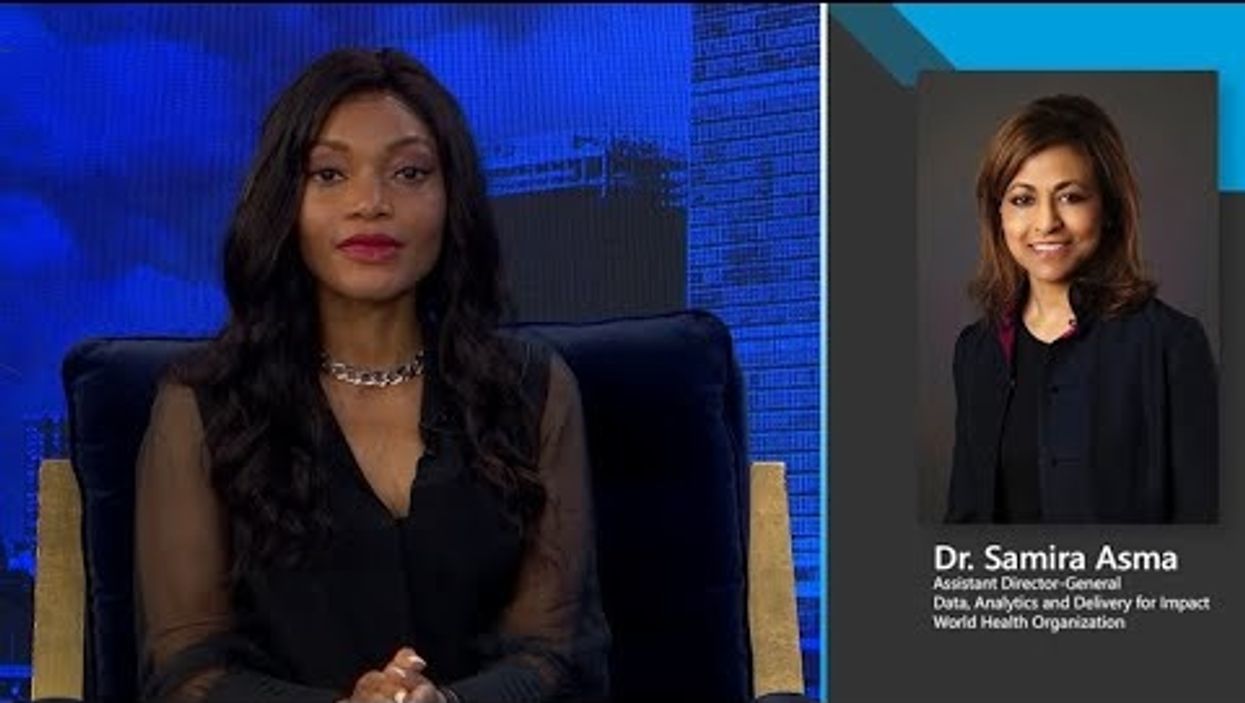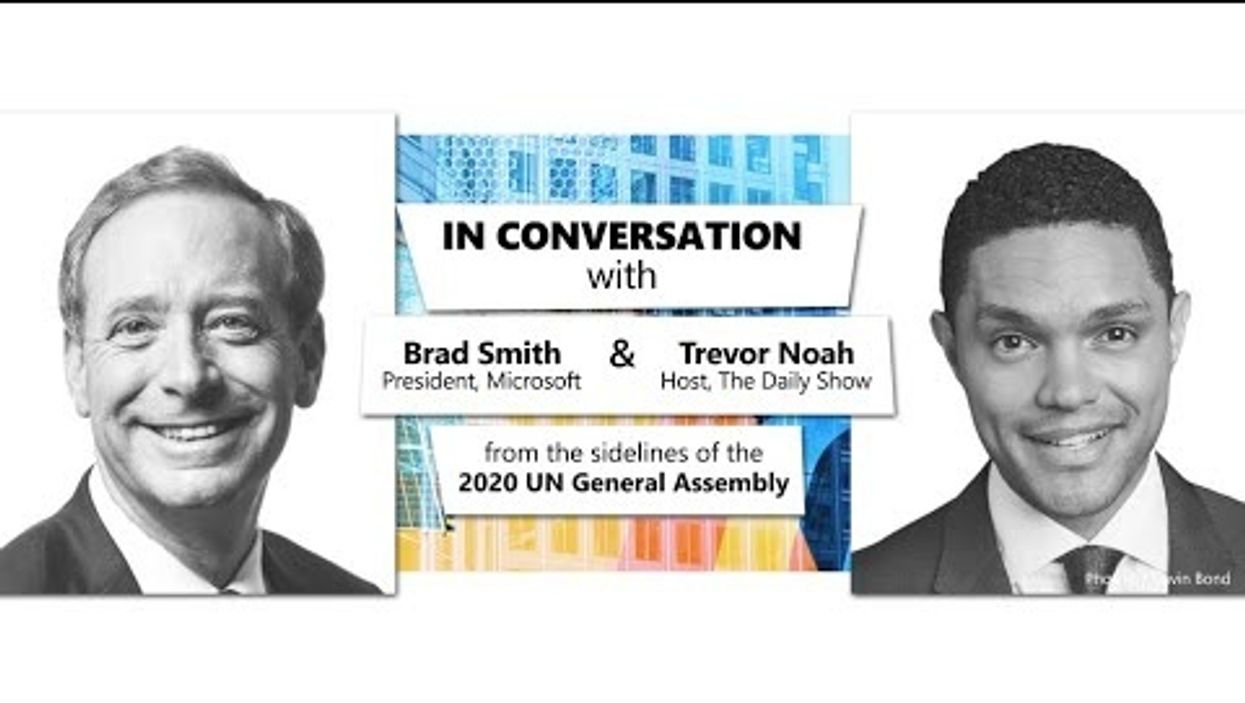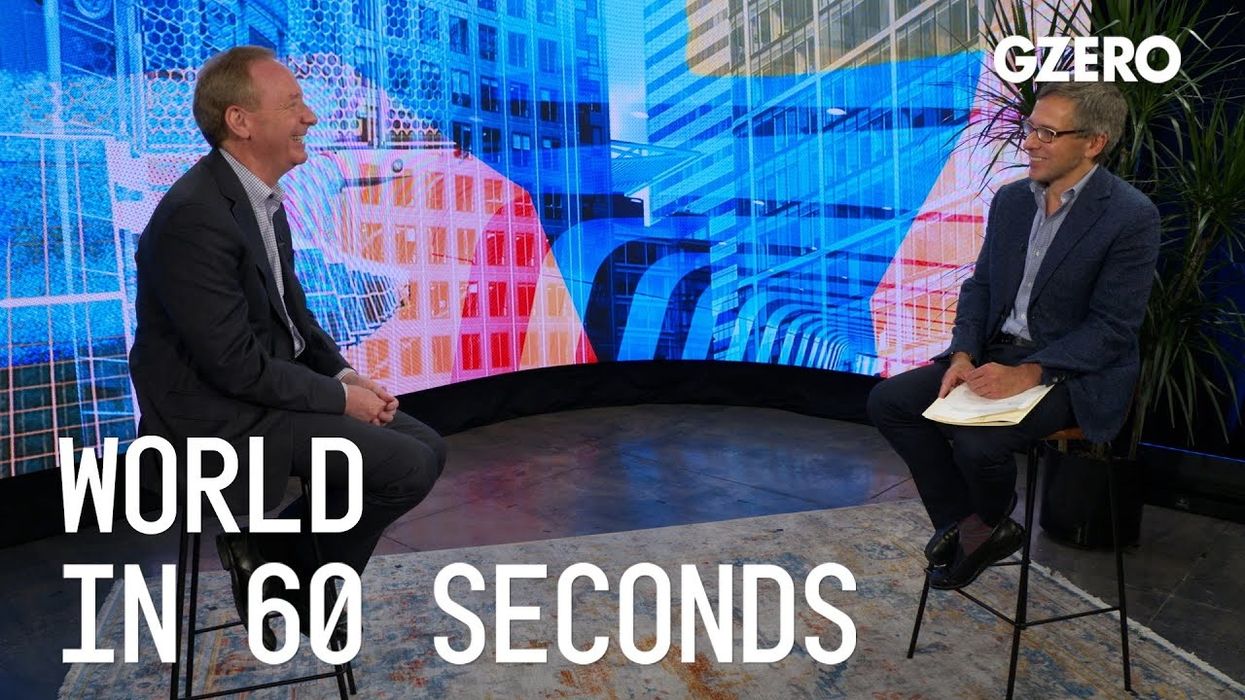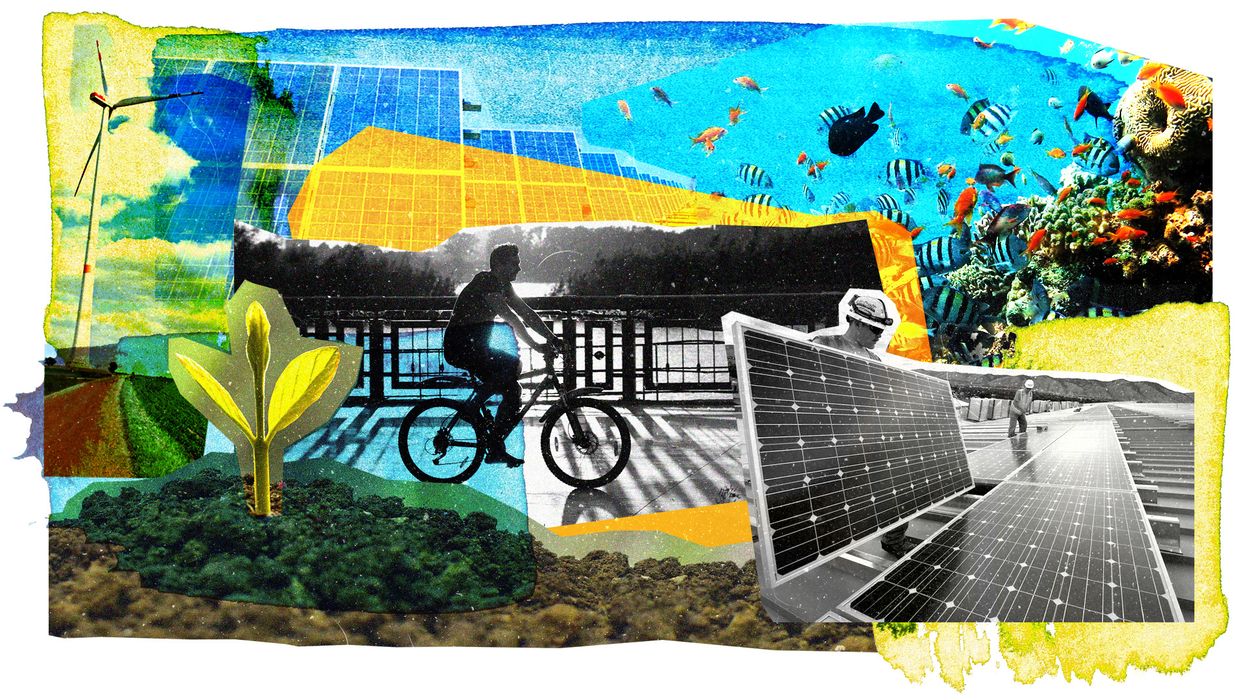VIDEOSGZERO World with Ian BremmerQuick TakePUPPET REGIMEIan ExplainsGZERO ReportsAsk IanGlobal Stage
Site Navigation
Search
Human content,
AI powered search.
Latest Stories
Sign up for GZERO Daily.
Get our latest updates and insights delivered to your inbox.
Global Stage: Live from Munich
WATCH RECORDING
Posts
Through livestream discussions, interviews, podcasts, and coverage of major global gatherings, Global Stage delves into the issues that are shaping our world and explains how they will affect people, industries, and economies everywhere.
Presented by
John Frank, Vice President of UN Affairs at Microsoft, discusses how to include people around the world in the digital economy,on UNGA In 60 Seconds.
Satya Nadella famously said, "We saw two years of digital transformation in two months" due to the pandemic and the need it created for virtual communication, work, and learning, but still nearly half the world's population lacks connectivity.
First, how can we begin to bridge the digital divide? Then, how can digital skilling lead us into a better global economy?
We need to redouble our efforts to bring broadband around the world. Less developed countries desperately need new technologies that bring broadband connectivity at lower costs, but we also need to focus on underserved populations in our urban centers and rural America. We need to create new mechanisms and new technologies that are going to bring people in, but being connected, it's not enough. We need to have people be able to participate in the new digital economy, and that requires digital skills. And what better way to get them than online. We can find new ways to train people, but there needs to be a commitment to lifelong learning. And of course, there's digital natives, but the whole population can benefit from developing digital skills, and we believe that many people can greatly improve their economic future and economic security through robust training on digital skills.
Keep reading...Show less
More from Posts
Watch our Global Stage live premiere from Davos
January 21, 2026
Watch: Global Stage live from the 80th UN General Assembly
September 17, 2025
Live from the United Nations: Securing Our Digital Future
September 18, 2024
Live premiere today at 12 pm ET: Can we use AI to protect elections?
February 12, 2024
Watch our Davos event: Making AI Work for the World
January 11, 2024
Paris 2024 Olympics chief: “We are ready”
November 15, 2023
Live from the UN: Rescuing a world in crisis
September 14, 2022
Live from Davos: Crisis in a digital world
May 12, 2022
Want global equality? Get more people online
April 20, 2022
Join us for our Global Stage event live from Washington DC
April 12, 2022
Ukraine crisis one of many global threats at Munich Security Conference
February 24, 2022
Ukraine is a diversion from climate crisis, says John Kerry
February 20, 2022
Disinformation the “biggest threat” from Russia – Anne-Marie Slaughter
February 20, 2022
Want to land a "green job? 3 tips from LinkedIn's Sue Duke
November 05, 2021
Is net zero really possible? Watch our live event
October 25, 2021
UN Secretary-General Guterres has a warning for disunited nations
September 19, 2021
GDP should reflect cost of polluting planet, says Microsoft's John Frank
September 17, 2021
Watch our discussion to decide: should internet access be free?
September 15, 2021
Global Stage virtual events return this fall
August 30, 2021
Watch our live program: Securing Cyberspace
May 05, 2021
Introducing Global Stage
April 27, 2021
WHO's Dr. Samira Asma: Health data in the age of COVID | UN Innovation Room
September 30, 2020
In Conversation: Brad Smith & Trevor Noah from the 2020 UN General Assembly
September 23, 2020
Ian Bremmer and Brad Smith talk multilateralism post-pandemic
September 22, 2020
Join our livestream panel Wed 9/16: Net Zero: Climate Ambition and Action
September 12, 2020
GZERO Series
GZERO Daily: our free newsletter about global politics
Keep up with what’s going on around the world - and why it matters.
